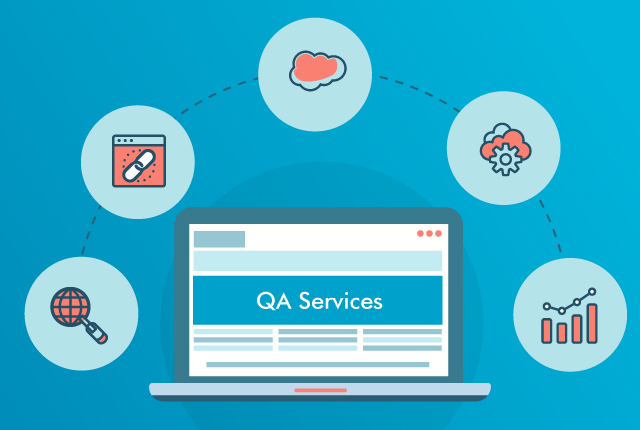
By now it’s common knowledge that QA is an essential part of the software development lifecycle. But when the need for expanded testing arises, many companies still debate about whether to train their in-house engineers or outsource those services. Like so many other problems in the software development and testing industry, there is no clear answer. The only real answer is: “It depends.”
But in our opinion, there are QA services that should always be outsourced. Why? We’ll get into the specifics below, but it boils down to practicality, flexibility and cost effectiveness:
Automated Testing
There is less and less room for repetitive manual testing in today’s fast-paced software industry. Implementing automation can help expand the scope of your testing, improve the quality of your product and make your team more productive -- all by large margins and with minimal added cost.
Because automated tests are code-based, engineers must have excellent coding skills and experience with the latest automation tools. Instead of making automation experts out of your existing QA engineers, why not just hire a dedicated team of them as you need them? This spares you the required training time and allows your onsite team to focus on more pressing tasks, such as creating the new features that will grow your user base.
Security Testing
With complex cyber attacks on the rise and leak after leak of data making the headlines, you’ll want to ensure that your product is undergoing rigorous security testing. Even if you have the best functional testing team available, your product is still vulnerable unless it is tested by security experts. Additionally, your onsite team may not have the necessary support (bandwidth, tools, latest methodologies, and best practices) to provide adequate security testing.
Usability Testing
When you’ve been a part of the software development lifecycle from the very start, certain unconscious biases can form. This clouded vision may prevent your onsite team from noticing bugs that will be experienced by your end user. A dedicated team of outsourced usability engineers approach your product’s UI with fresh eyes, giving them the perspective they need to find and correct issues relating to user experience.
Performance Testing
A massive amount of high-end hardware is required to ensure that your product is functioning perfectly. However, it is not usually feasible to invest in this kind of tech infrastructure every few months -- it will sit unused when functional testing is not happening, and it will need to be replaced or upgraded shortly.
It makes more sense to outsource this testing to a provider with a state-of-the-art, multi-million dollar testing lab, outfitted with all of the latest platforms and OS configurations.
Expedited Testing
One of the biggest perks of outsourcing to a region like India is the time difference. With providers in this area, you benefit from a 24/7 testing cycle, meaning that the code your developers write will be thoroughly tested overnight. That way, you’ll come back in the morning to fresh reports and a quick check-in call to help iron out any issues.
Mobile Testing
Mobile testing is no longer optional. With mobile usage accounting for more than half of online traffic, millions of users see the phone as the end-all, be-all of web connectivity. That includes online browsing, internet gaming and mobile applications, such as your software product.
The constant release of new devices across mobile providers poses many mobile app testing challenges for QA teams. For example, one device may render your application UI flawlessly while another scrambles up the experience. And your mobile app is no longer responsive if it doesn’t offer consistent UX from device to device. For most companies, maintaining all the hardware and/or software that is in a state of constant change is a big challenge.





